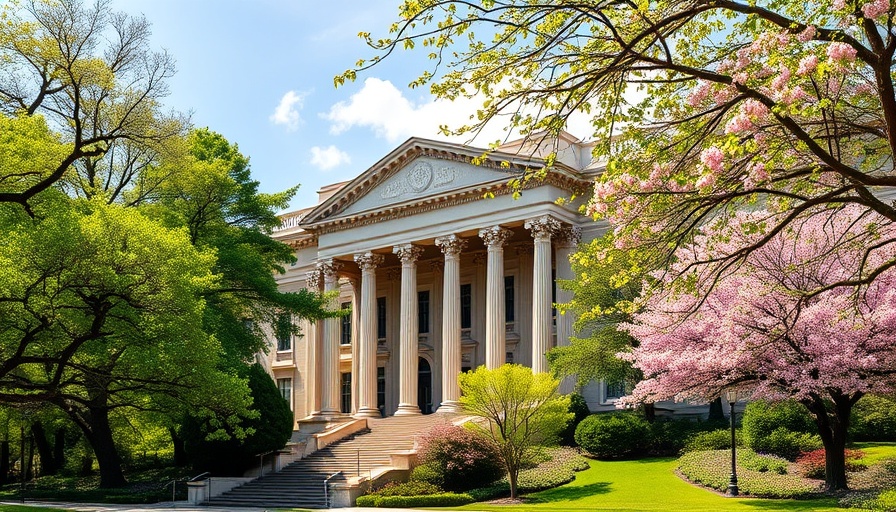
Is College Failing America? A Changing Landscape for Careers
The question of whether college education is failing to meet the needs of the American workforce is becoming increasingly relevant. With the dramatic rise in searches for jobs that do not require a four-year degree, such as phlebotomy and welding, it is clear that many are reevaluating the traditional educational path. Recent research from Class Central highlights that becoming a phlebotomist is the most-searched profession in the United States, outpacing other career paths by a significant margin. This reflects not just a shift in job market demands but also a change in how society views educational credentials.
Understanding Job Market Trends
With over 214,000 monthly Google searches, phlebotomy has surged in popularity, suggesting a strong demand for healthcare workers with specialized training rather than broad academic degrees. In comparison, positions like welders are also seeing a rise, with potential job seekers looking closely at vocations that promise quicker training and employment opportunities. This trend is critical to examine, especially when considering the costs associated with a traditional college education, which can lead to significant student loan debt, often with uncertain job prospects post-graduation.
Why the Shift?
The economic landscape has changed substantially in recent years, further influenced by events such as the pandemic, which has shifted priorities for many. For some, the traditional four-year college experience no longer aligns with their career aspirations or financial situations. Those pursuing careers in vocational fields often enter the workforce faster and with lower educational debt. There is increasing recognition that successful careers are not exclusively tied to higher education degrees but can be built through technical training and certifications.
A Historical Comparisons: The Value of Technical Education
Historically, vocational education was often viewed as a lesser option dependent on societal values and the economic climate. However, during economic shifts, the demand for skilled trades has historically increased, highlighting that blue-collar jobs are fundamentally essential to the labor force. Countries with strong vocational training programs, like Germany, have demonstrated that a well-structured system can successfully meet labor market needs while offering viable paths for students.
Potential for Future Jobs: A Focus on Skills Over Degrees
As the job market continues to evolve, it is pivotal to assess the skills necessary for future employment. For example, jobs in technology, healthcare, and renewable energy require specialized knowledge that may not be covered comprehensively in traditional college curricula. Organizations are beginning to recognize the importance of skill-based hiring, which could mean rethinking hiring processes and criteria.
The Power of Community Colleges
Community colleges are at the forefront of this transition, offering fast-track programs that prepare students for in-demand jobs without the burden of extensive debt. Graduates from these programs often find themselves in high-paying jobs in fields like healthcare and manufacturing, which are projected to grow significantly in the coming years.
The Evolving Value Proposition of College Education
While some traditional college degree holders may feel worried about the shifting landscape, it is crucial to consider that higher education still offers many advantages, such as networking opportunities, critical thinking skills, and exposure to diverse fields of knowledge. However, as the job market becomes more fragmented, there may need to be a reassessment of what higher education institutions offer and how they can better serve the current demands of the workforce.
Final Thoughts on the Future of Work
The dialogues around education and workforce readiness need to continue evolving. As more Americans explore careers that do not rely on a four-year degree, it is imperative to promote options that equip students with necessary skills for the future job market. This transformative perspective could reshape not just individual lives but the economy as a whole. College may not be failing America; rather, it is a signal that the definition of a successful career is adapting to the pressing realities of today.
 Add Row
Add Row  Add
Add 




 Add Row
Add Row  Add
Add 

Write A Comment